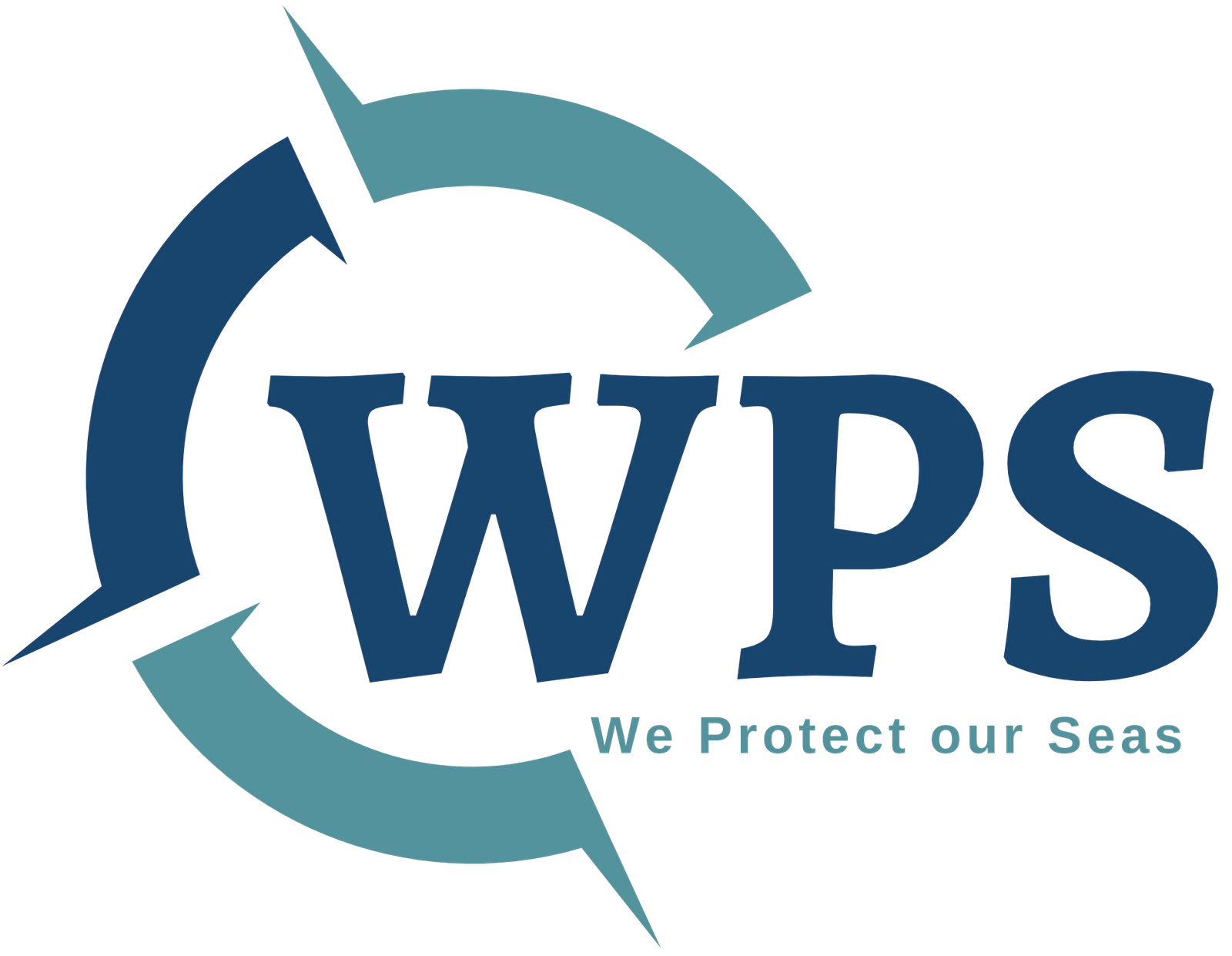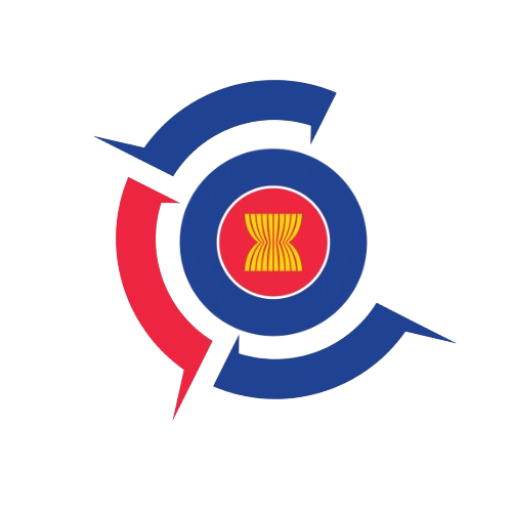Day 3 Press Release | Dialogue on ASEAN Maritime Security
Press ReleaseMay 24, 2025

PRESS RELEASE
Manila, Philippines – The third day of the Dialogue on ASEAN Maritime Security (DAMS 2025) brought together regional leaders, security experts, and scholars for a series of critical discussions on disinformation, international maritime law, and the protection of vital undersea infrastructure in Southeast Asia.
For the first panel of the day, Countering Disinformation and Other Malign Influence Operations, experts warned of an increasingly coordinated disinformation campaign targeting maritime legal norms and national unity across the region. Dr. Chong Ja Ian of the National University of Singapore emphasized that “the effort to sow confusion and doubt in international law is not limited to UNCLOS—it’s part of a broader PRC repertoire.”
Dr. Tricia Yeoh of the University of Nottingham Malaysia explained how local media ecosystems are being manipulated to fracture national discourse: “Different communities in Malaysia are exposed to distinct narratives depending on the language of the newspaper they read.”
Philippine Coast Guard spokesperson for the West Philippine Sea, Commodore Jay Tarriela, underlined the stakes: “The PRC’s false claims of sovereignty over the South China Sea must be countered to maintain regional stability and uphold international law.” Jonathan Malaya of the Philippines’ National Security Council, meanwhile, called for updated laws on espionage and foreign interference, noting, “Our legal framework is outdated—some of these laws pre-date World War II.”
The next panel, Confidence-Building Measures, Risk Reduction and Dispute Resolution, diplomatic voices from Indonesia, Malaysia, Brunei, Vietnam, and the Philippines shared the stage to discuss the ongoing challenges surrounding the long-stalled Code of Conduct (CoC) in the South China Sea.
Philippine National Maritime Council Spokesperson VADM. Alexander Lopez (Ret.) stated that “the CoC process has become a test of ASEAN’s ability to manage great power competition.” He proposed, in his private capacity, more agile approaches such as the “ASEAN minus X” format to enable coalitions of willing nations to act decisively.
Ambassadors H.E. Lai Thai Binh (Vietnam) and H.E. Agus Widjojo (Indonesia) reinforced ASEAN’s role as the central mechanism for regional maritime peace. “As long as we keep talking, there is hope,” said Widjojo.
A special panel organized by KAS Philippines, Safeguarding Subsea Cables as an Emerging Security Challenge, highlighted the vulnerability of subsea communication cables—now regarded as critical infrastructure. Dr. Su Wai Mon of the National University of Singapore cautioned that “emerging threats like cyberattacks are becoming just as significant as physical sabotage.”
Dr. Bich Tran of CSIS emphasized that disruptions could have “detrimental and long-lasting impacts,” while CSIS Indonesia’s Muhammad Waffaa Kharisma advocated for the creation of a regional disaster hub to strengthen response readiness.
The final panel, Law Enforcement at Sea: Strengthening Regional Coast Guard Cooperation, brought regional coast guard leaders and maritime experts together to chart a collaborative path forward for law enforcement at sea.The session focused on the increasingly vital role of Coast Guards in upholding maritime safety, sovereignty, and international law—particularly in complex and contested waters like the South China Sea.
Rear Admiral Samuel Kowaas, Executive Secretary of the Indonesia Coast Guard (BAKAMLA), emphasized the evolving threat spectrum that regional maritime forces face. “The most strategic thing we are facing— not just our Coast Guard, but also the Navy and other maritime agencies in Indonesia and across the region— is quite the same,” he noted. “We have to deal with everything from petty crimes to actions that could actually start a war.”
Senior Colonel (Ret.) Khanh Van Vu, former Director at the Institute for Defence Strategy under Vietnam’s Ministry of National Defence, described Vietnam’s multifaceted Coast Guard mission: “Our mission is to protect sovereignty, sovereign rights, and jurisdiction—while also combating drug trafficking, human trafficking, and ensuring the safety of our fishermen.”
Commodore Jay Tarriela, spokesperson for the Philippine Coast Guard on the West Philippine Sea, said People’s Republic of China encroaching the Philippines’ exclusive economic zone is one of the coast guard’s strategic challenges. “It’s not just their encroachment, but is also worth mentioning about their illegal aggression and even the harassment of the ordinary Filipino fishermen,”He added, however, that respect for norms is still possible: “As ASEAN Coast Guards, we understand that such actions are unacceptable. We know how to respect each other, even when operating in contested areas.”
Despite the complex challenges, optimism for greater regional cooperation was palpable among the participants.
“I’m really optimistic that ASEAN Coast Guards and maritime agencies want to work together,” said RADM Kowaas. The discussion underscored broad support for developing the ASEAN Coast Guard Forum into a robust institution that fosters operational coordination, legal alignment, and shared commitment to maritime norms.
Representatives from all ten member states of ASEAN gathered for DAMS 2025, a three-day forum held at Conrad Manila from May 21 to 23, which will see discussions on several issues related to maritime governance. The Track 1.5 event, hosted by non-government organization We Protect Our Seas, serves as the sherpa to The Manila Dialogue on the South China Sea in November.
